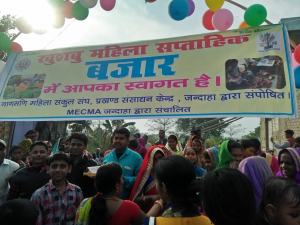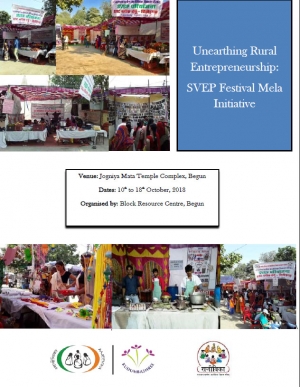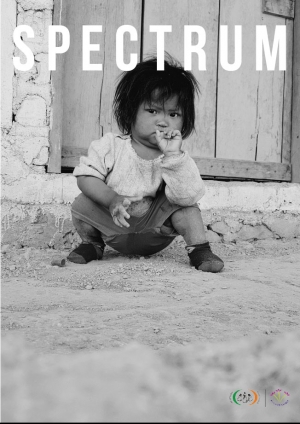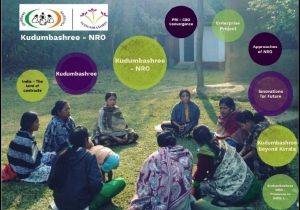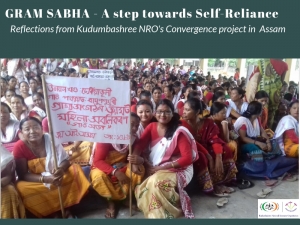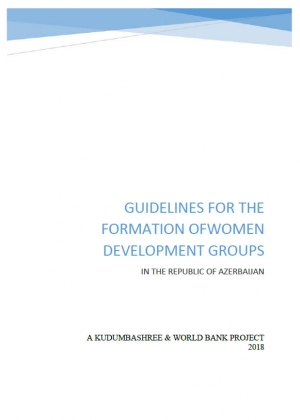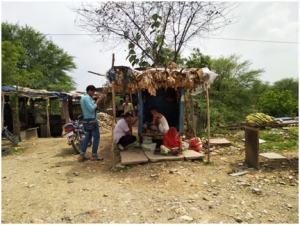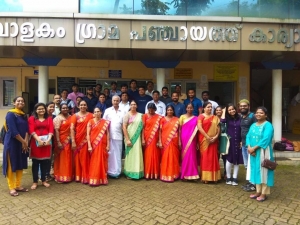Kudumbashree NRO
Inauguration of the first weekly haat under SVEP in Jandaha, Bihar
Rural Haat plays an important role in the economy of the village. It gives an opportunity to local farmers and traders to sell their commodities and produce directly to the consumers, also address the accessibility and mobility issues of the villagers by providing them an organised market near their villages.
Start-up village Entrepreneurship Program (SVEP) has contributed to boost the local economy of Marai village of Jandaha block by starting a local haat. Khusboo Mahila Bazar is the first weekly haat organised in Marai village of Hariprasad Panchayat in Jandaha Block. It was inaugurated on 11th Feb 2019 by the Members of Astha and Himat Village Organisations in the presence of representatives from Gram Panchayat, Jeevika and Kudumbashree. This haat is also easily accessible by Visnupati and Karnaoti villages. It will cater to the needs of more than 700 households of nearby villages. Need of a haat was realised by people of Marai village as they have to travel some 4-5 km to purchase daily consumption goods. Seeing the scope, MECMA CRP-EP group came up with the idea of weekly haat which was developed in consultation with Mentor from NRO and BPM-SVEP. Place for the market was finalised with the support of VO members after considering the various factors.
In the first day of the haat 26 entrepreneurs had participated. Among them, majority were vegetable vendors (16) and other enterprises like textile (4), chicken (2), snacks (2), kirana (1) and salon (1). The haat is expected to expand with participation from more entrepreneurs in the coming months. Among 26 entrepreneurs, 22 were support under SVEP. Total sales of Rs.11,737 was recorded in the first day. The market will function in every Monday and Saturday. The market will be closely monitored by CRP-EPs for at least 6 weeks with the support of Mentor and BPM which includes mobilisation of more entrepreneurs, maintaining records of sales and tracking footfall for the market.
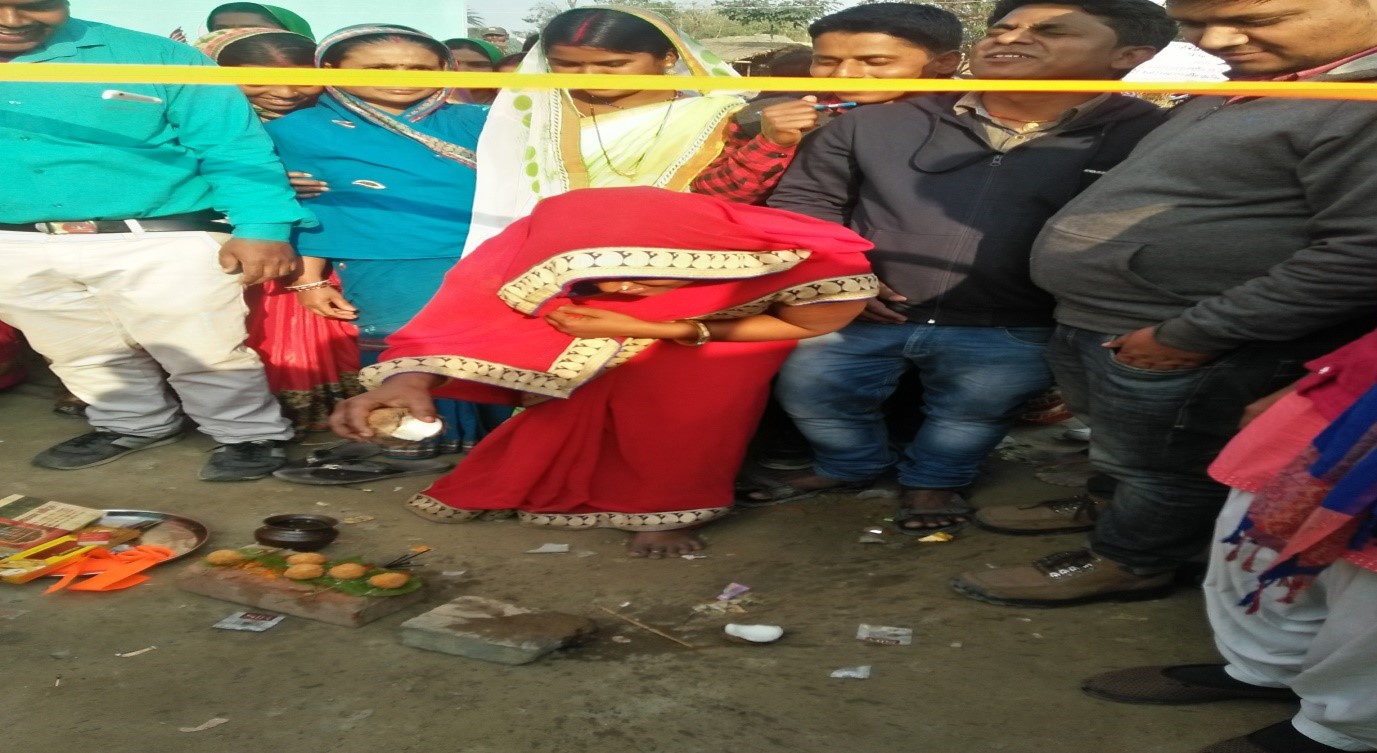
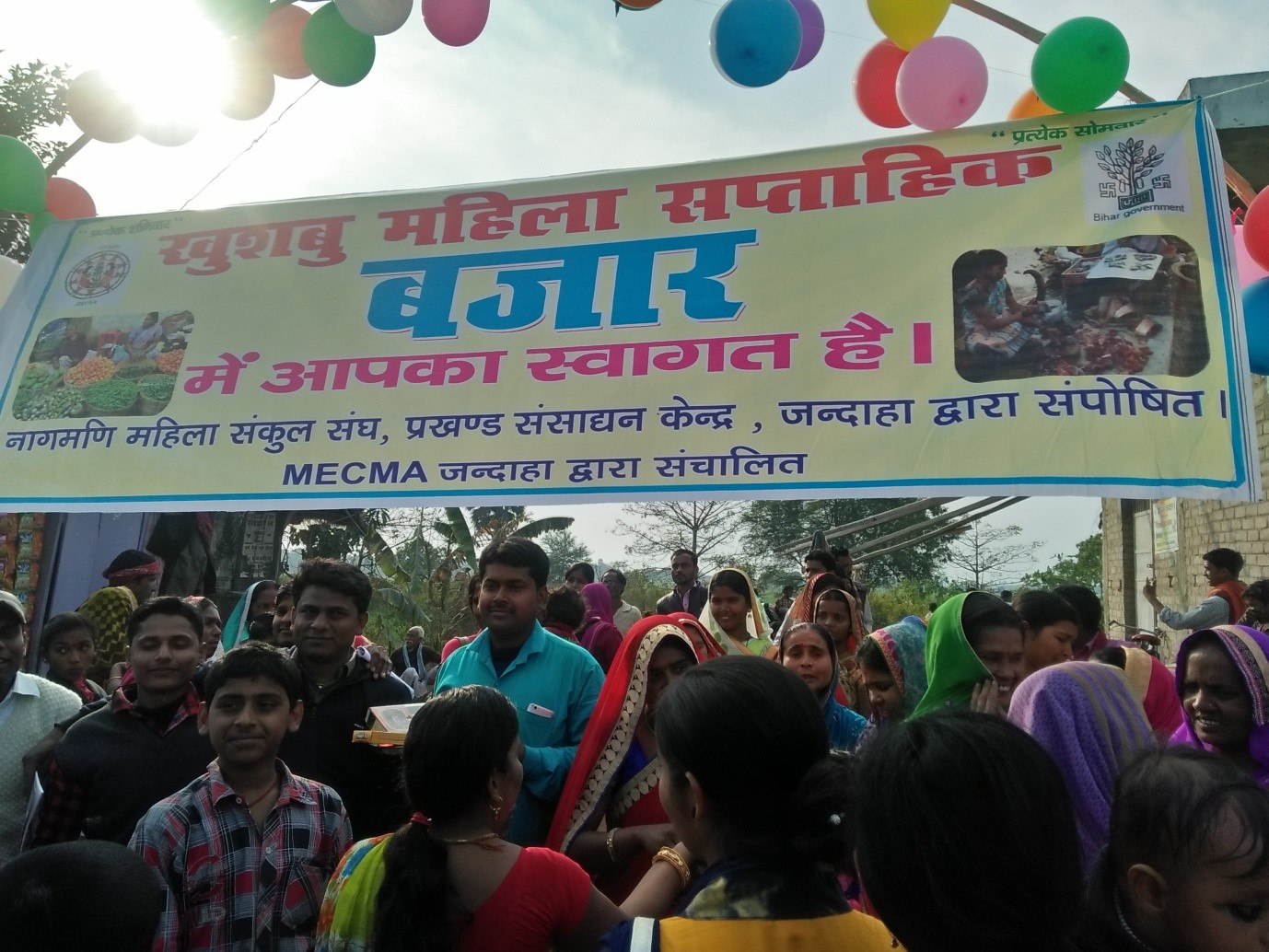 Public participation in the market
Public participation in the market 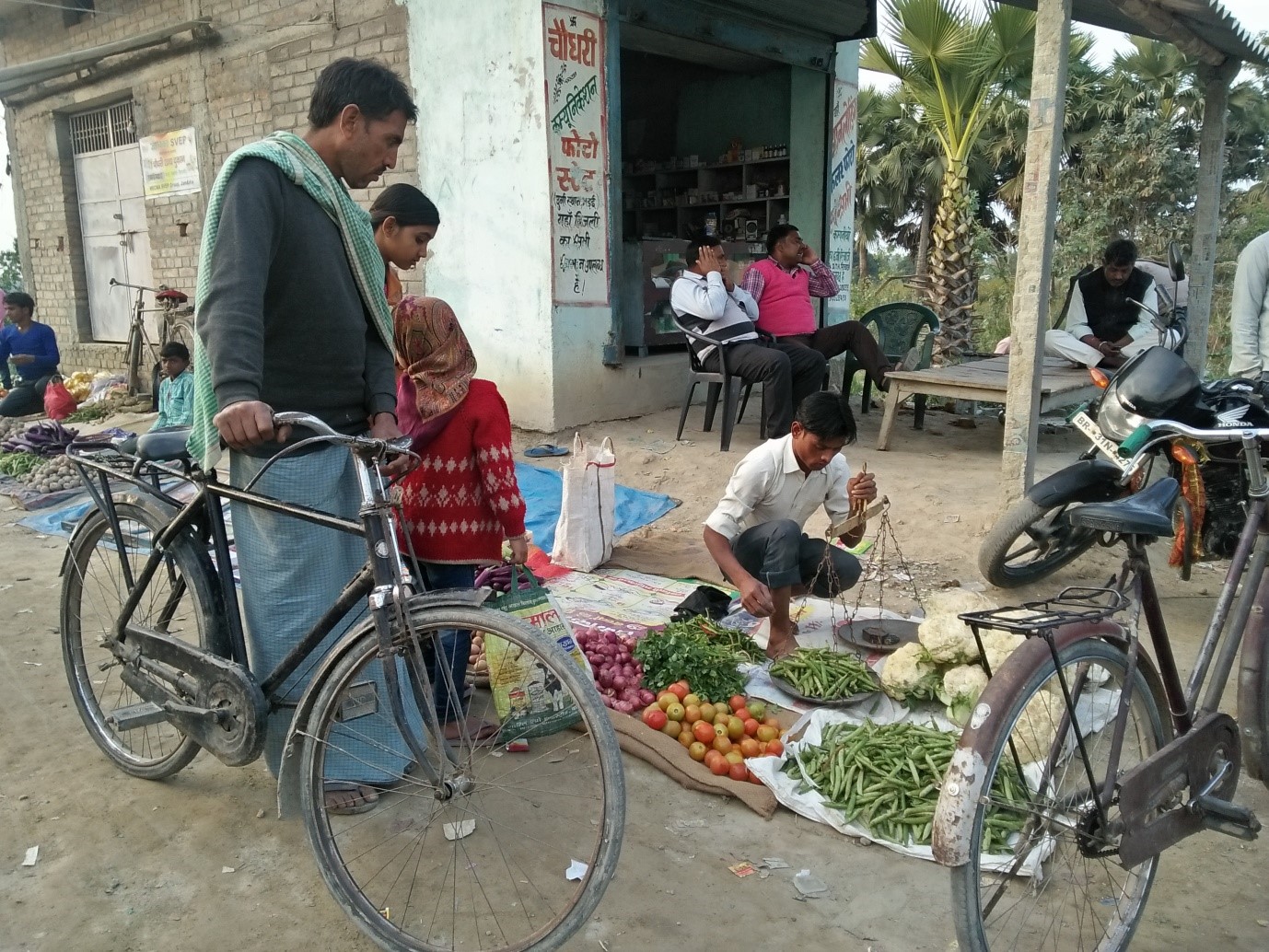 Vendors selling vegetables in the market
Vendors selling vegetables in the market 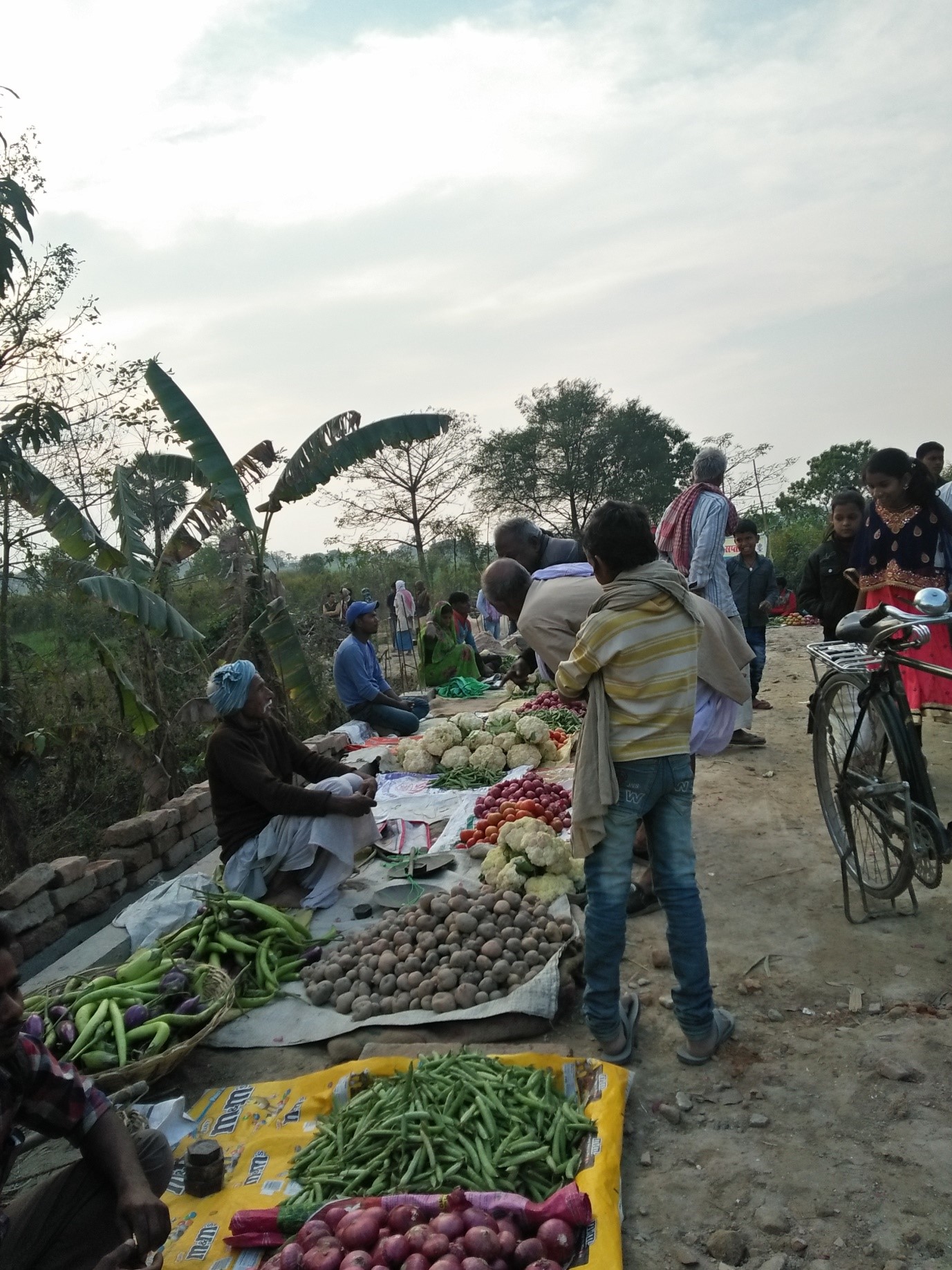 Vegetable vendors in the market
Vegetable vendors in the market 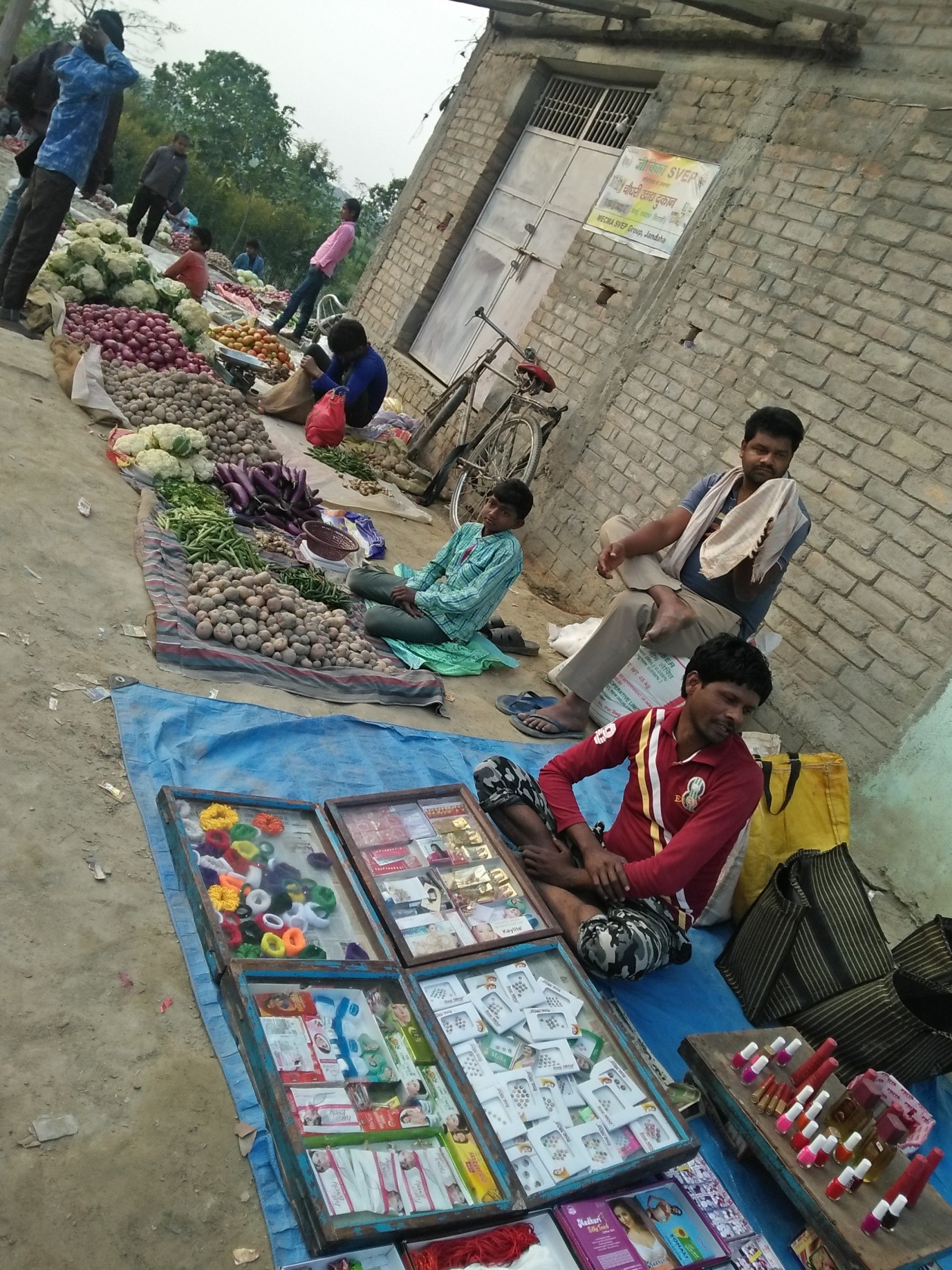 Entrepreneur selling fancy items
Entrepreneur selling fancy items Enterprise Information
Information on enterprise supported in Bihar under SVEP
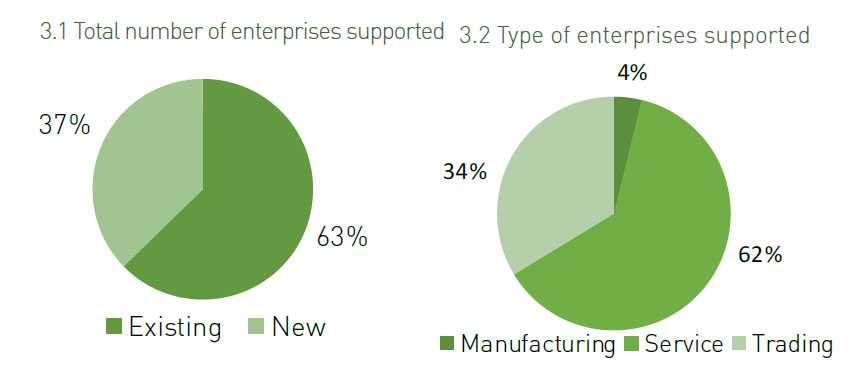
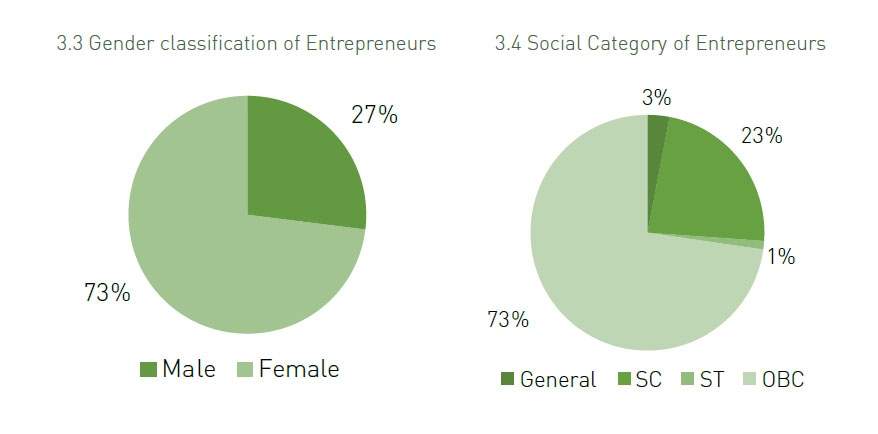
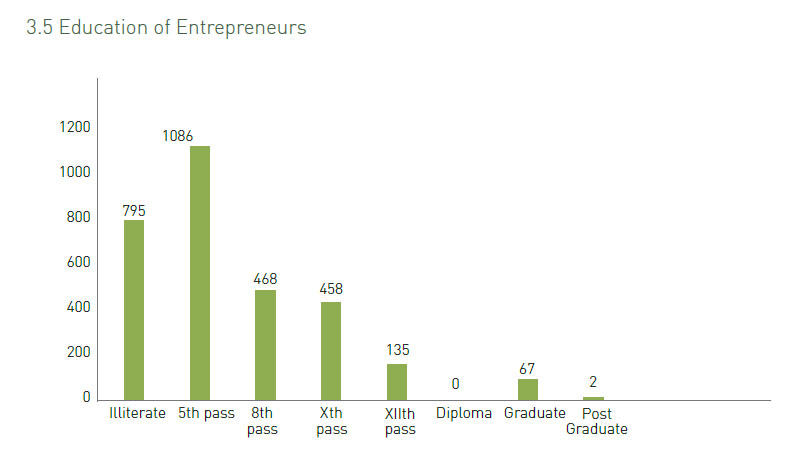
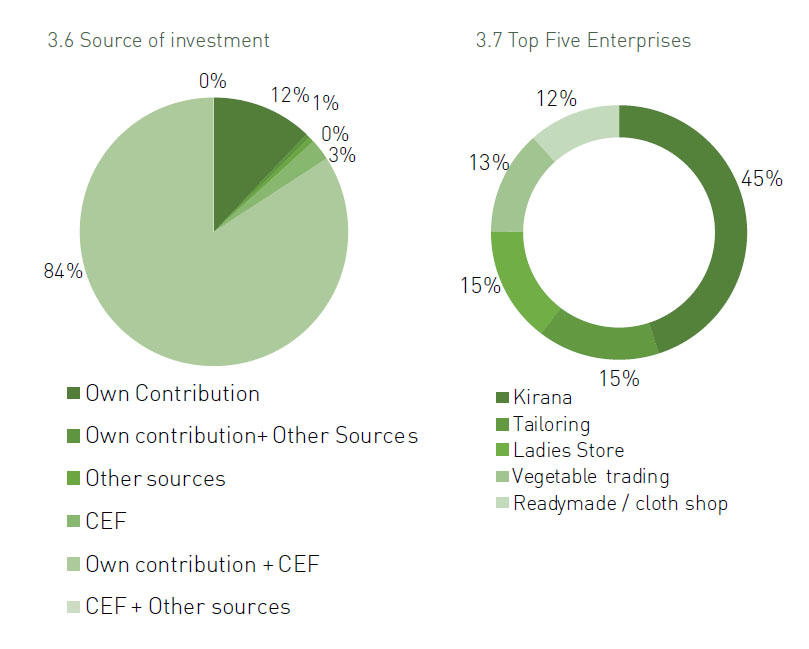
Status of Entitlements
Status of Entitlement as of July 2018
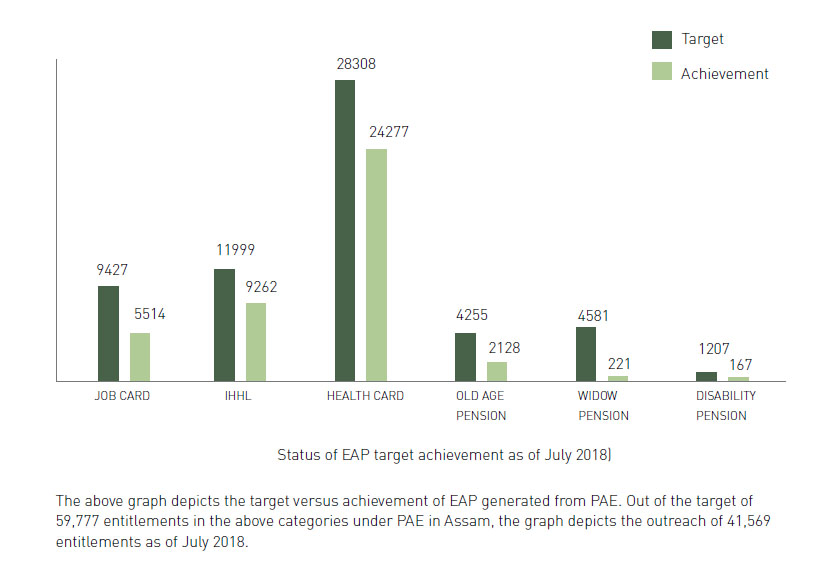
Unearthing Rural Entrepreneurship: A report on SVEP Festival Mela
Newsletter from Manipur
Presentation on KS-NRO for Saraansh
Gram Sabha in Assam
Operational Guidelines for Women's Development Groups in Azerbaijan
Vinod Footwear - Leveraging traditional family business
Geographical Location
| State | Rajasthan |
| District | Chittorgarh |
| Block | Begun |
| Gram Panchayat | Pranheda |
| Village | Amerpura |
Personal Details
|
Name of the Entrepreneur |
Vinod |
|
Name of the SHG which has provided the loan to the entrepreneur |
Arathi |
|
Name of the SHG Member related to the entrepreneur |
BhavariBai |
|
Relationship with the SHG Member |
Son |
Vinod’s story is that of successful village entrepreneur who leveraged the potential of his family’s traditional job; Cobblery. Vinod once represented the frustrated Indian youth who struggled to find employment. His quest for one never yielded any result. When he was convinced that self-employment was the way ahead for him, he approached Durga Rao, the Micro Enterprise Consultant who had successfully helped establish few businesses in his village. Following initial rounds of discussion, Durga understood that though Vinod never learnt cobblery, he had a penchant for it. She further understood that setting up a footwear manufacturing enterprise with the help of Rameshwar, Vinod’s father, could be a feasible option. Vinod was interested to establish a shop in a favourable location where shoes could be manufactured and repaired by his father. Rameshwar previously worked from his home and attracted minimum customers despite being good at what he does.
MEC’s intervention made a sea of change for Vinod and his family. Durga came up with a business idea with inputs from Vinod and Rameshwar. Vinod took up the task of procuring best quality leather from Bhilwara town and for marketing the shoes and chappals which Rameshwar made. A loan of Rs. 40,000 was provided by Begun Block Resource Centre to set up a shop near Parsoli town alongside the busy Kota-Udaipur highway. Since the setting up of the enterprise, Rameshwar has been making high-quality, durable traditional shoes and chappals in a very cost-effective manner. He has been producing two pairs of shoes/chappal a day. They usually fetch 350-500 rupees per pair. In addition, he has been getting considerable number of repair works everyday as his shop which is located in a busy location.
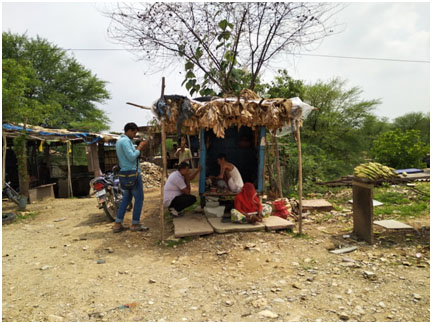
In addition, Vinod’s wife has taken advantage of the opportunity at hand and started selling vegetables and snacks beside their shop. This way, she could give company to her aging father-in-law while earning a little more through her own efforts. Vinod remarks, “My father is a chronic asthma patient and I feel guilty that I have to make him work at this age. But this won’t last for long. I am saving each penny from the business so that I can start a business in this very location which can be handled all by myself. Preferably a hotel or a vegetable/fruit stall which also sells fruit juices. This location is suitable for such businesses. With MEC and SVEP for support, I don’t think that this is a distant dream.”
Kudumbashree, sharing its knowledge and experience with partner states
When it comes to the socio-economic and women empowerment, Kudumbashree’s development experience in Kerala is increasingly gaining relevance as a replicable model for the rest of the world. With the objective of learning from its best practices, Kudumbashree has been attracting an end number of development professionals and organisations to experience how it has tried to address the issue of poverty from Kerala with the help of Local Self Government Institutions and other departmental convergence programmes. The year 2017-18 has witnessed the participation of 691 persons from 14 Indian states and one Union Territory through 32 exposure visits. Thematic Area, Learning Services at Kudumbashree National Resource Organisation coordinates such visits to Kudumbashree with the support of Kudumbashree, District Mission Coordinators at different districts.

Kudumbashree NRO is the technical and implementing agency for supporting two of its projects in 19 Indian States and one Union Territory, namely PRI-CBO Convergence Project and Start-up Village Entrepreneurship Programme. This necessitates SRLMs (State Rural Livelihood Missions) to get exposure to the Kudumbashree model of convergence and enterprise programmes in Kerala. The participants are majorly the community cadre, elected representatives and SRLM staff at state, district and block levels. The technical sessions along with the field visits helps the participants in building the right perspective in delivering the services under the projects.
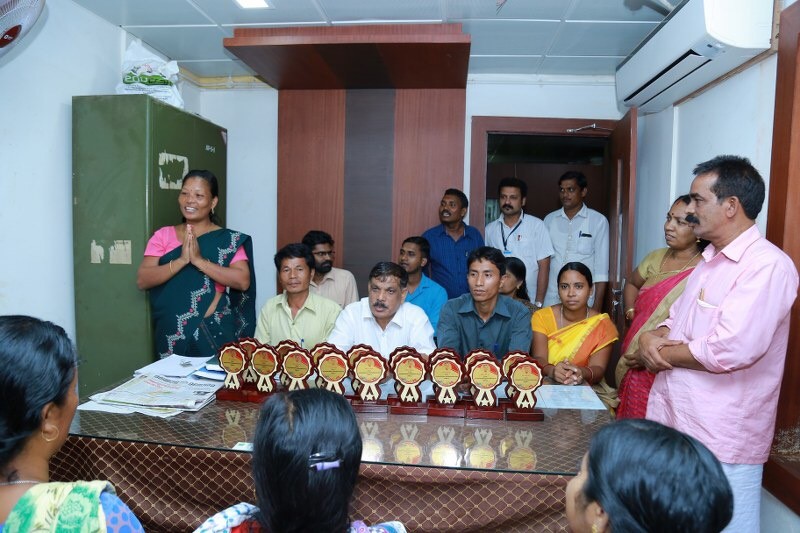
Kudumbashree NRO, since inception, has been hosting two kinds of exposure visits from various organisations within India. One is from the partner State Rural Livelihood Missions (SRLM) and the other is from developmental organisations like NGOs, CSOs and CSR undertakings. The partner SRLMs visits Kudumbashree to learn from the best models practiced under its two major projects, PRI-CBO Convergence Project and Start-up Village Entrepreneurship Programme (SVEP). ‘Panchayat Apprenticeship programme’ (PAP) and ‘Orientation Programme for Block Project Managers of SVEP’ are the two major categories of learning visits that are being organized under the respective domains of convergence and enterprises in NRO. Further, customized exposure visits are also being planned and organised for non-partner organisations based on the specific requirements in the areas of health, livelihood, gender, social development and so on.
Panchayat Apprenticeship Programme (PAP)
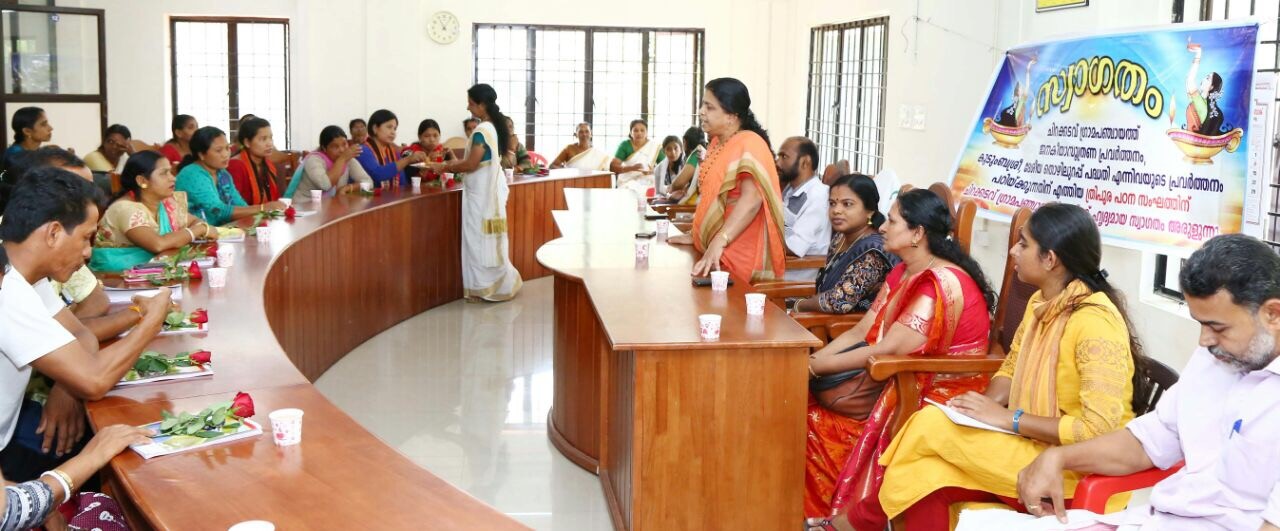
The Panchayat Apprenticeship Programme (PAP) is a rigorous learning programme for panchayat elected representatives and functionaries, CBO representatives and field personnel of NRO partner-states to learn the role of Panchayati Raj Institutions (PRI) in poverty reduction and development. The programme is designed to be of 5 days' duration with additional early morning and evening sessions to discuss the lessons learnt from the field. It also covers the role of community organizations and various other institutions in supporting the panchayat in performing its functions.
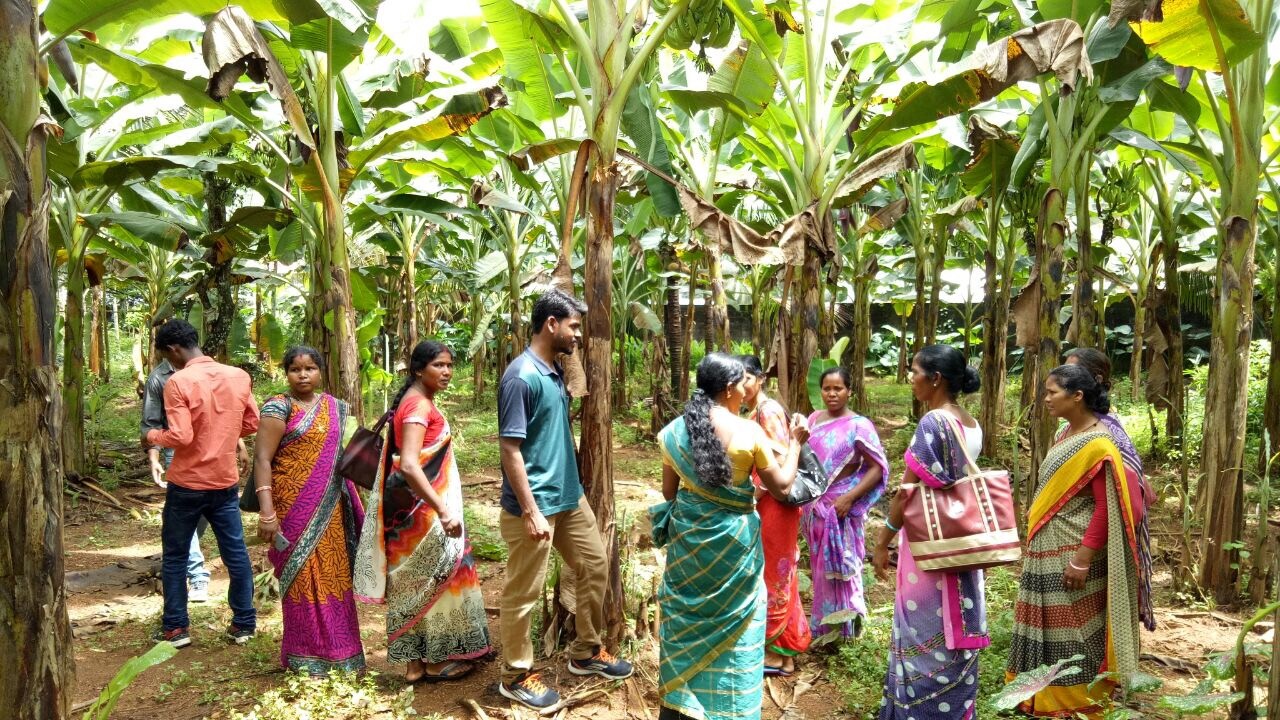
PAP gives first-hand learning experience to the participants for understanding the functioning of a Gram Panchayat in Kerala, its structure, funding, roles and responsibilities and how various institutions work with them in enabling service delivery to its citizens by means of effective planning and implementation. The participants will be able to see the convergence of the CBO network with the PRI and the various transferred institutions and how the citizens benefit from it. This can help and motivate the participants in taking steps to make their panchayats and other institutions effective for the development of the people.
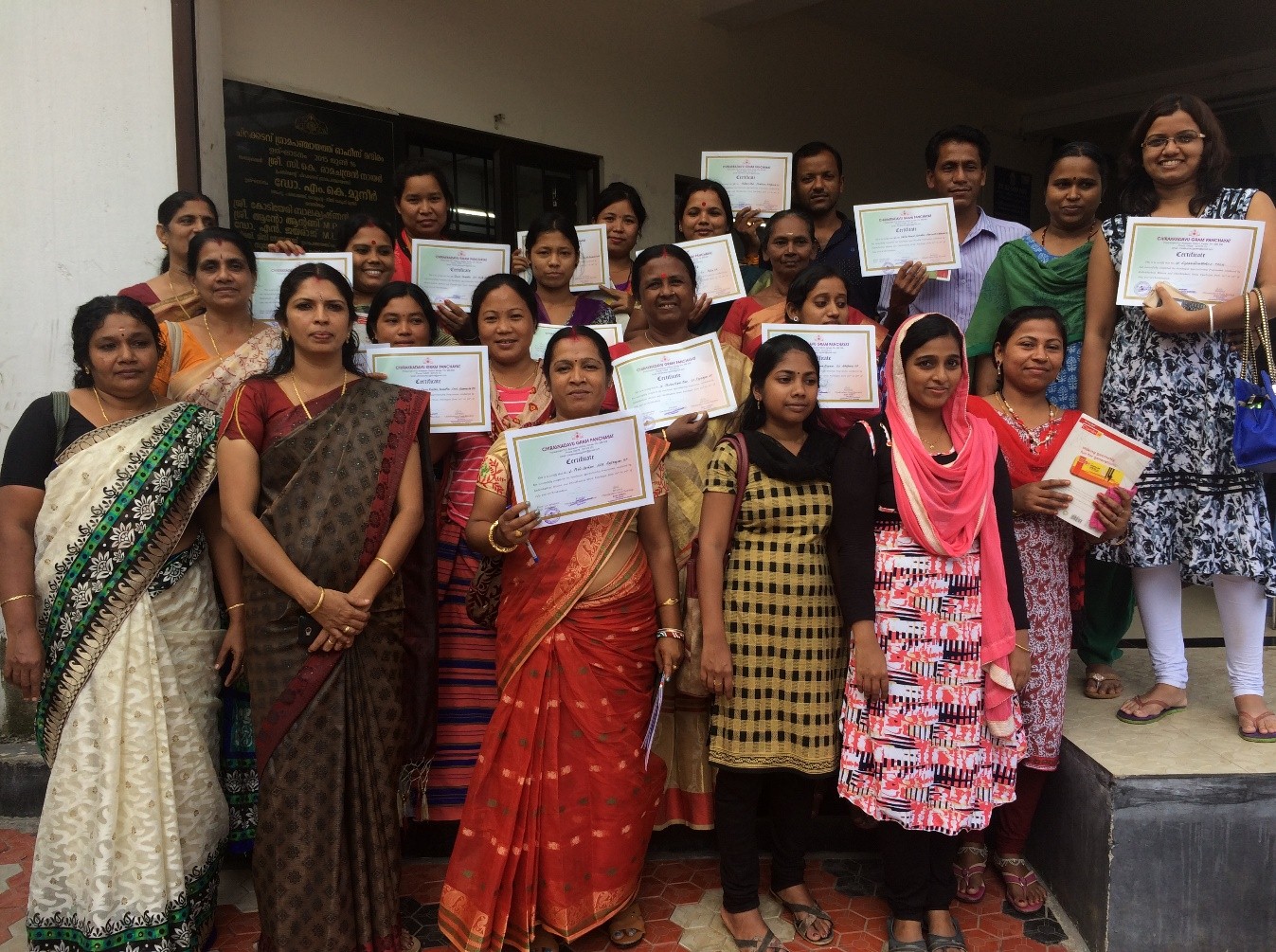
The methodology followed for the PAP includes visits to Gram Panchayat office, offices of various transferred institutions and Kudumbashree. During the visits, participants will have detailed interaction with the concerned representatives and officials. The facilitators of the PAP include elected representatives, leaders of the Kudumbashree network and officials of the transferred institutions in the Gram Panchayat and Kudumbashree Community Resource Persons (CRP). The representatives or officials will explain, with the help of case-studies and examples from their own experiences. The PAP also includes field visits to various projects and programmes of the GP and Kudumbashree. Some of the Kudumbashree programmes that are visited by the participants are Ashraya, BUDS School, Balasabha, JLGs, Micro-Enterprises, Snehitha. etc. A certificate is also issued to all the participants of Panchayat Apprenticeship Programme on behalf of the concerned Gram Panchayat and District Mission.
Orientation Programme for BPMs, SVEP
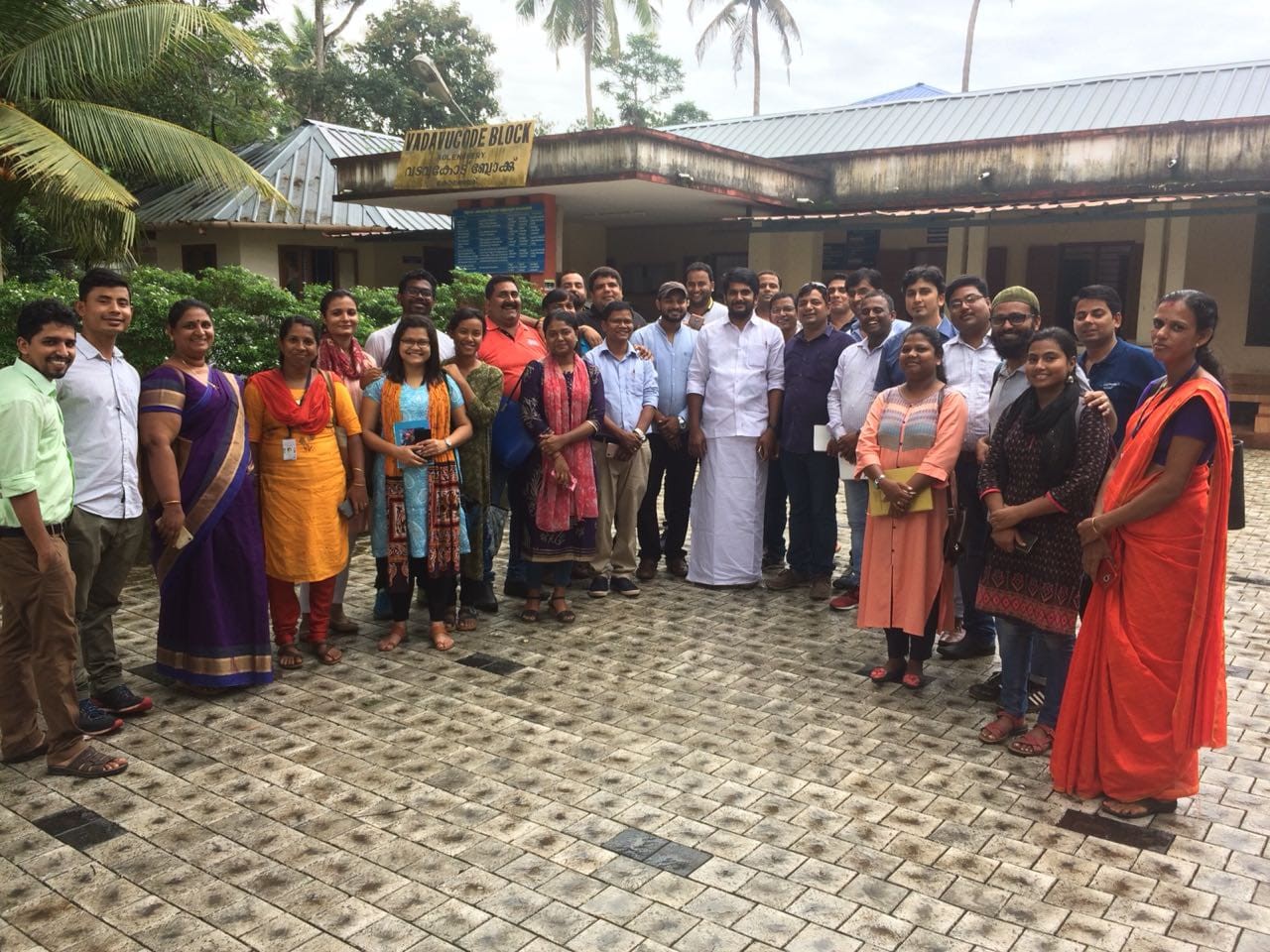
The orientation programme provided under the Start Up Village Entrepreneurship Programme (SVEP) aims at the training of the Block Programme Managers (BPM) from NRO partner states who are the dedicated professionals in charge of enterprise promotion activities at the block level under SVEP. SVEP is a programme with single point focus on the enterprise promotion in concerned blocks under the National Rural Livelihood Mission. Hence, the capacity building of these BPMs is found crucial with regard to their role in building the entire ecosystem for enterprise promotion in the block.
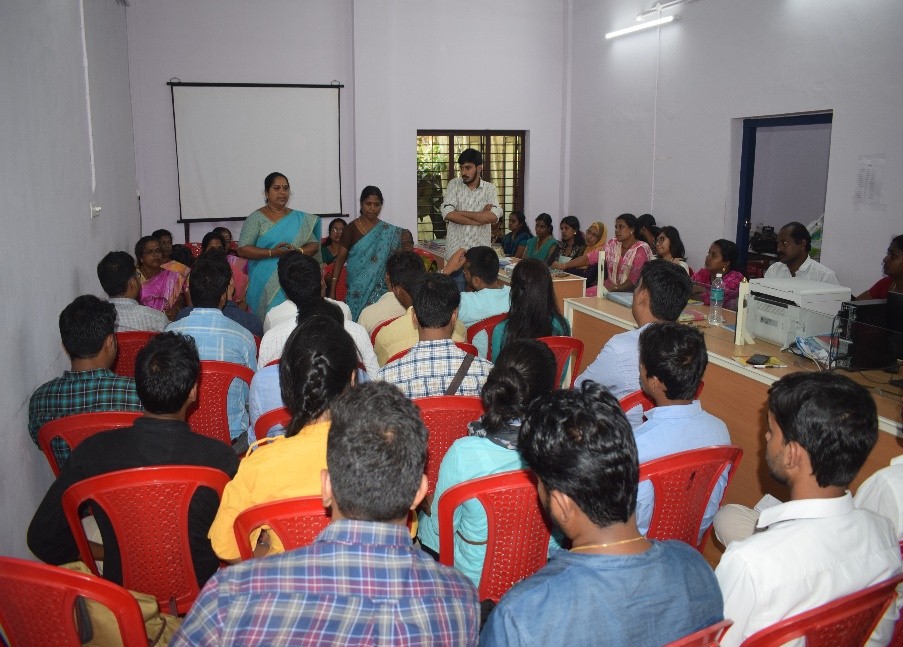
The programme is designed as a course of 7 days, each day covering specific project components of SVEP. The methodology followed includes visits to Kudumbashree CDS office, BRC office, Micro Enterprises under SVEP, District Mission Office and exposure to the different enterprise models under Kudumbashree like Nutrimix, Cafe and construction units. During the visit, participants will have detailed interaction with the concerned leaders from the CBO, representatives from Panchayat and implementing officials from the District Mission (BPM/ ADMC/ DMC. The exposure programme enables the BPMs to build a perspective on non-farm livelihood promotion under the NRLM structure and to learn how it helps enhance the income opportunities of the poor. The participants gain clarity on various systems and processes followed under SVEP and thus be able to better relate to their roles in the field.
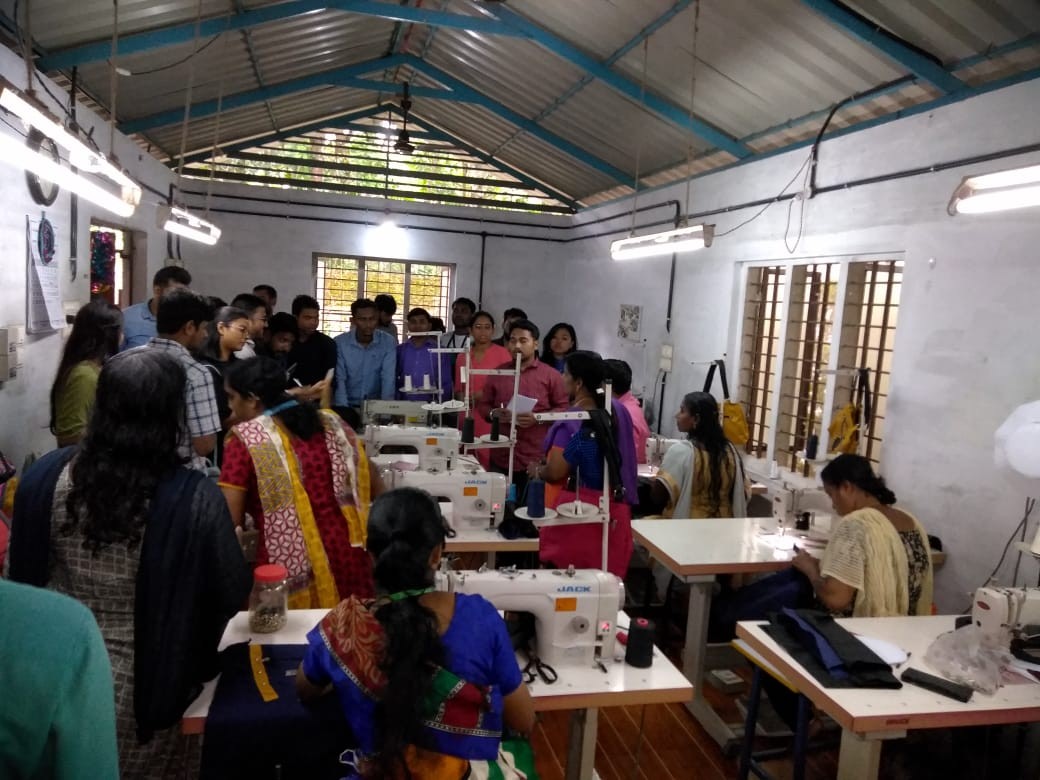
The programme majorly helps the participant to understand the role of CBOs, BNS–EP, CRP-EP, BPM-SVEP and mentor in livelihood promotion activities in the block. The programme also makes the BPMs understand the SVEP project through its business management aspects like Business Plan preparation, Book Keeping, Performance Tracking Systems and proper monitoring mechanisms in place. Concepts of ‘Local Economic Development’ and ‘Value Chain development’ are also imparted through means of interactive sessions and games, making learning enjoyable and the concepts being easily communicated to the participants. The Kudumbashree experience in non-farm livelihood, its evolution, policy level influence and strategic interventions are also emphasises as part of the programme.
Conclusion
The combination of technical sessions along with the field visits in such PAP or exposure visits helps reinforce the learnings of participants through a more structured form of group discussions, group tasks and group presentations. Further, there are briefing and debriefing sessions in morning and evening every day, which forms an integral part of the learning process of the exposure visit. The participants usually prepare a detailed work plan on the initiatives that could be replicated/ adapted in their State SRLM or organization based on the learnings from Kudumbashree exposure.
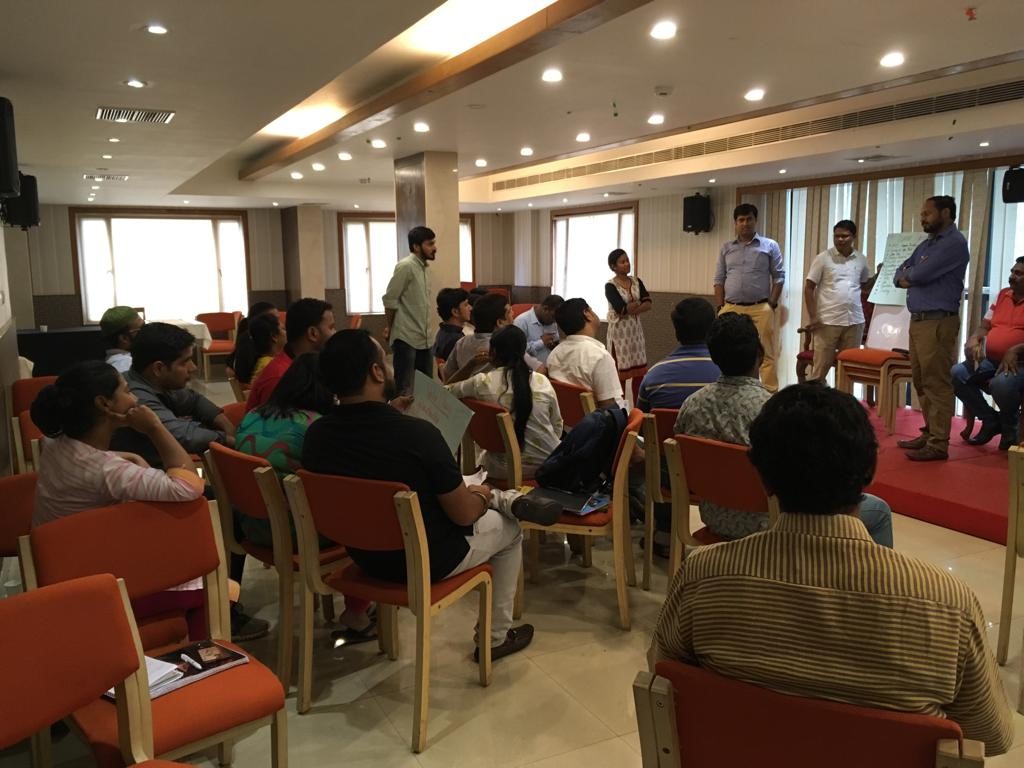
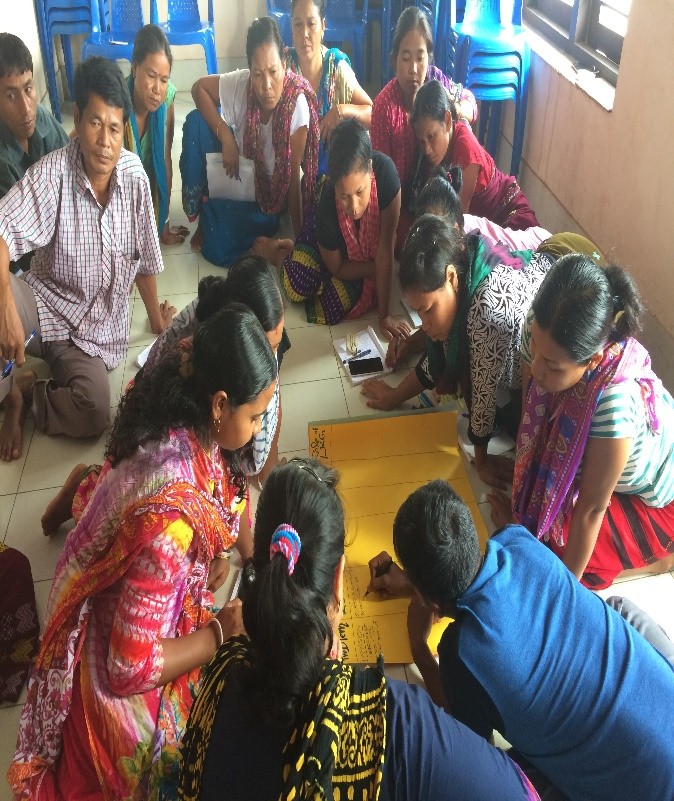
Kudumbashree District Missions who have contributed their tremendous efforts in hosting the exposure visits since April 2017 are Thiruvananthapuram, Pathanamthitta, Kollam, Kottayam, Alappuzha, Idukki, Ernakulam, Thrissur, Malappuram, Palakkad and Kasaragode districts. Mentor resource persons from NRO, Community Resource Persons from District Missions/ CDSs and Mentor Core Group (MCG) members are usually the facilitators for the PAP and exposure visits along with the Thematic Anchor for Learning Services at Kudumbashree NRO. They are responsible for conducting the field visit preparations, logistics arrangements, translation and facilitation of the entire visit sessions, reporting to NRO and settlement of the accounts. Kudumbashree NRO, thus coordinates all such visits to Kudumbashree, initiating the spark within the community and the implementing officers, what is then taken back to their own state for being replicated.
![]()
 I feel so happy to know that the women federations under Kudumbashree is always attached to their Gram Panchayat. The Panchayat provides ample space for the community leaders to come together and participate in the development process of their villages. Being an elected representative from Digyase Panchayat in Jharkhand, I promise the SHG members and community leaders of my village, that I will extend my wholehearted support to replicate the best practices from Kudumbashree in our villages, to make it as developed as the villages in Kerala.” Pushpa DeviPachayat Member, Digyase GP, Bhedo Block, Ranchi, Jharkhand (Visited Karakurussi Gram Panchayat in Palakkad)
I feel so happy to know that the women federations under Kudumbashree is always attached to their Gram Panchayat. The Panchayat provides ample space for the community leaders to come together and participate in the development process of their villages. Being an elected representative from Digyase Panchayat in Jharkhand, I promise the SHG members and community leaders of my village, that I will extend my wholehearted support to replicate the best practices from Kudumbashree in our villages, to make it as developed as the villages in Kerala.” Pushpa DeviPachayat Member, Digyase GP, Bhedo Block, Ranchi, Jharkhand (Visited Karakurussi Gram Panchayat in Palakkad)
